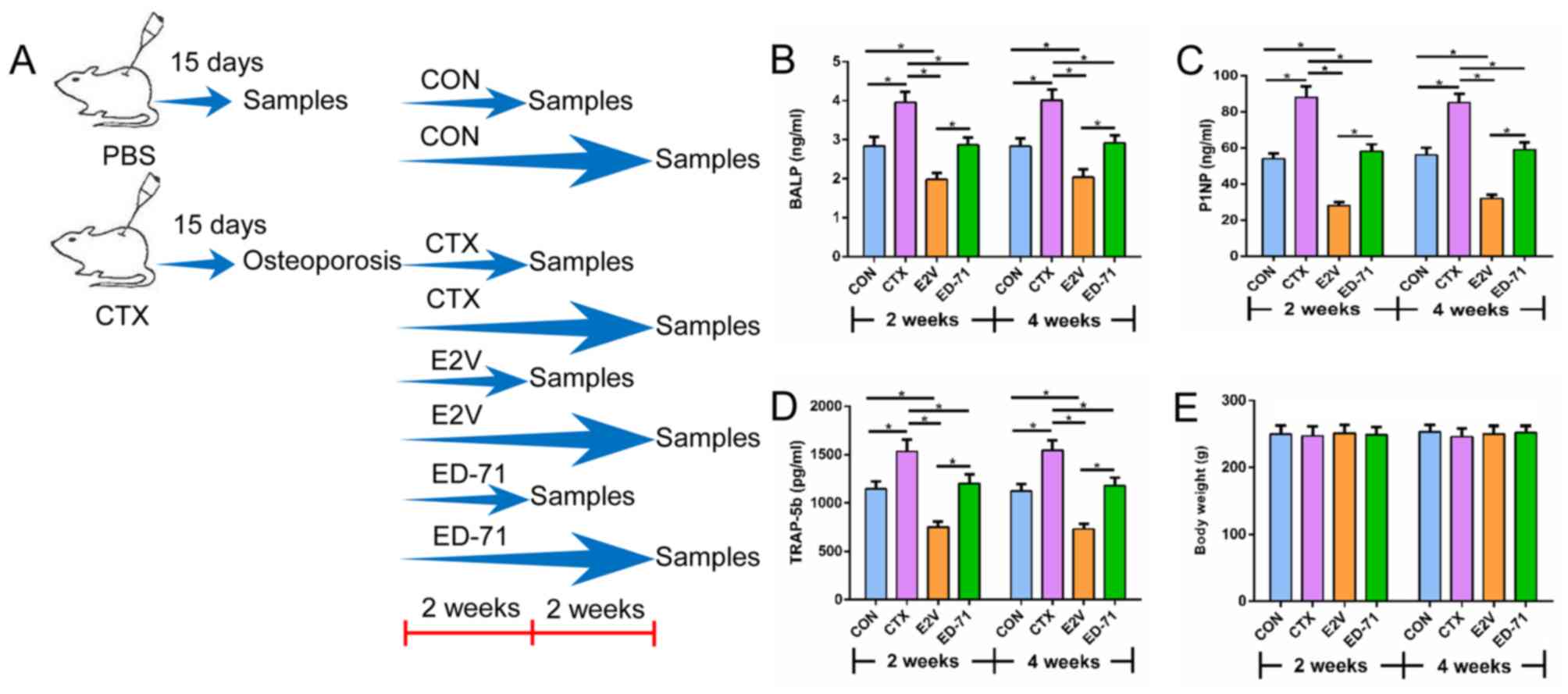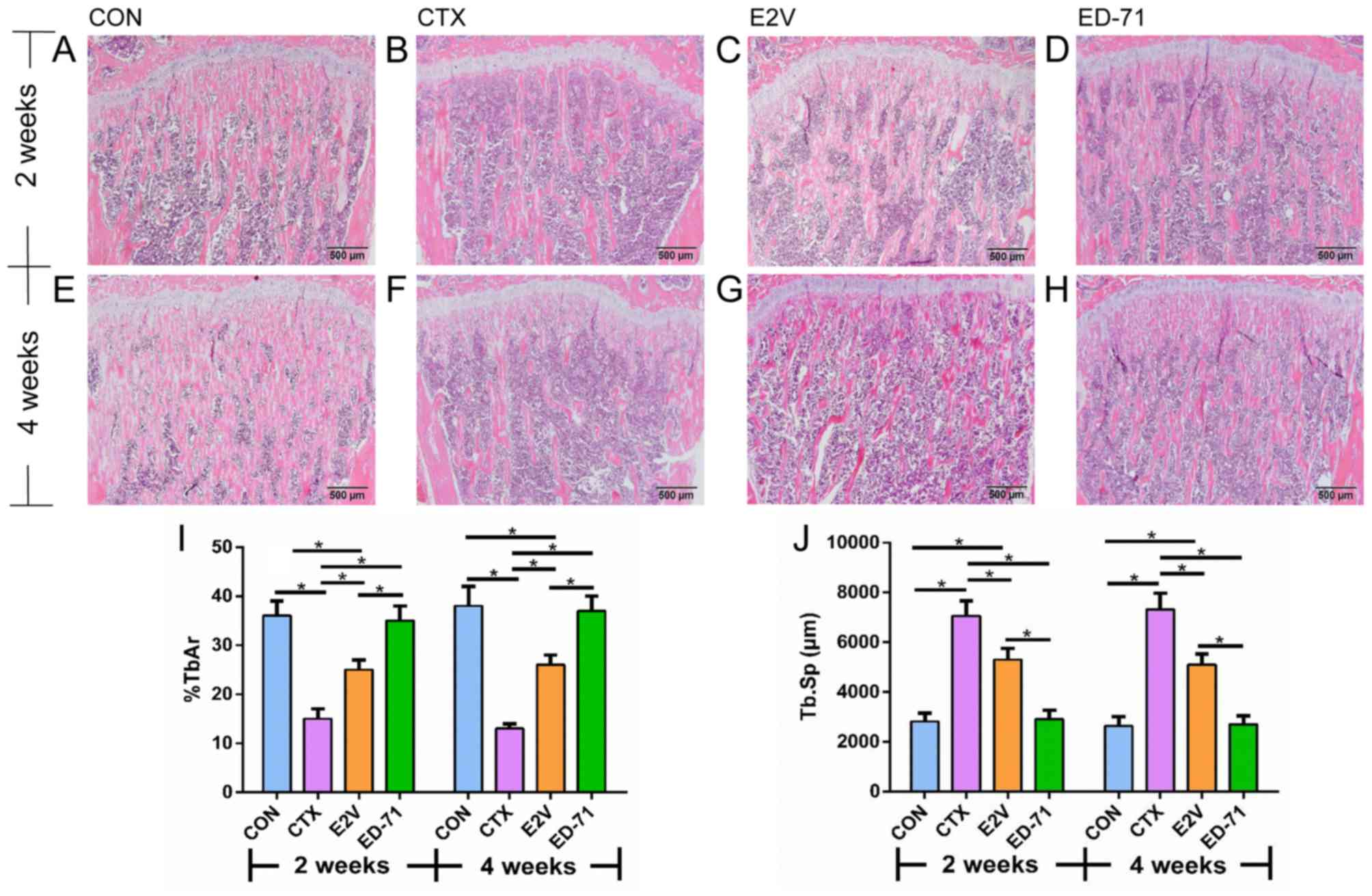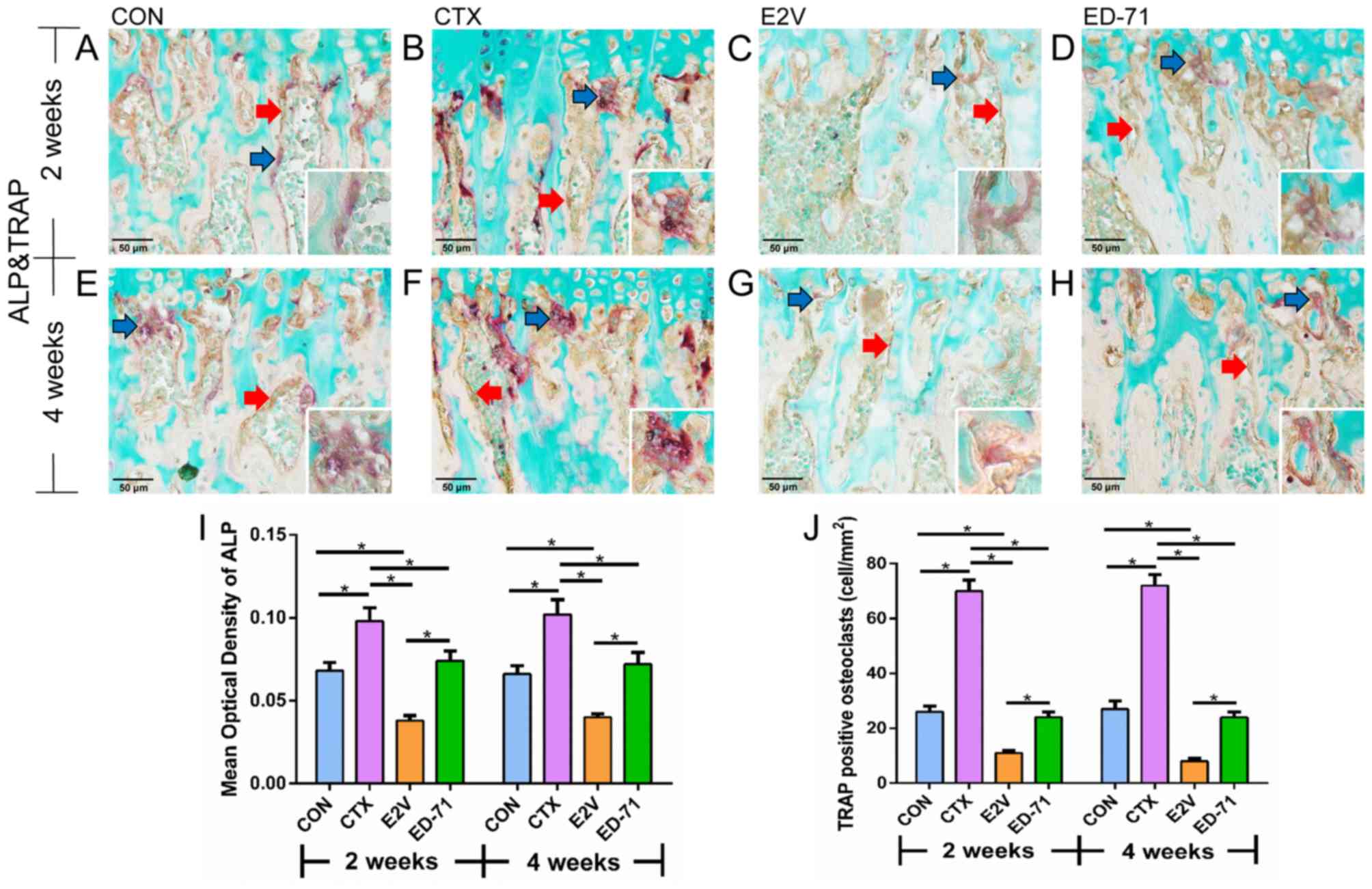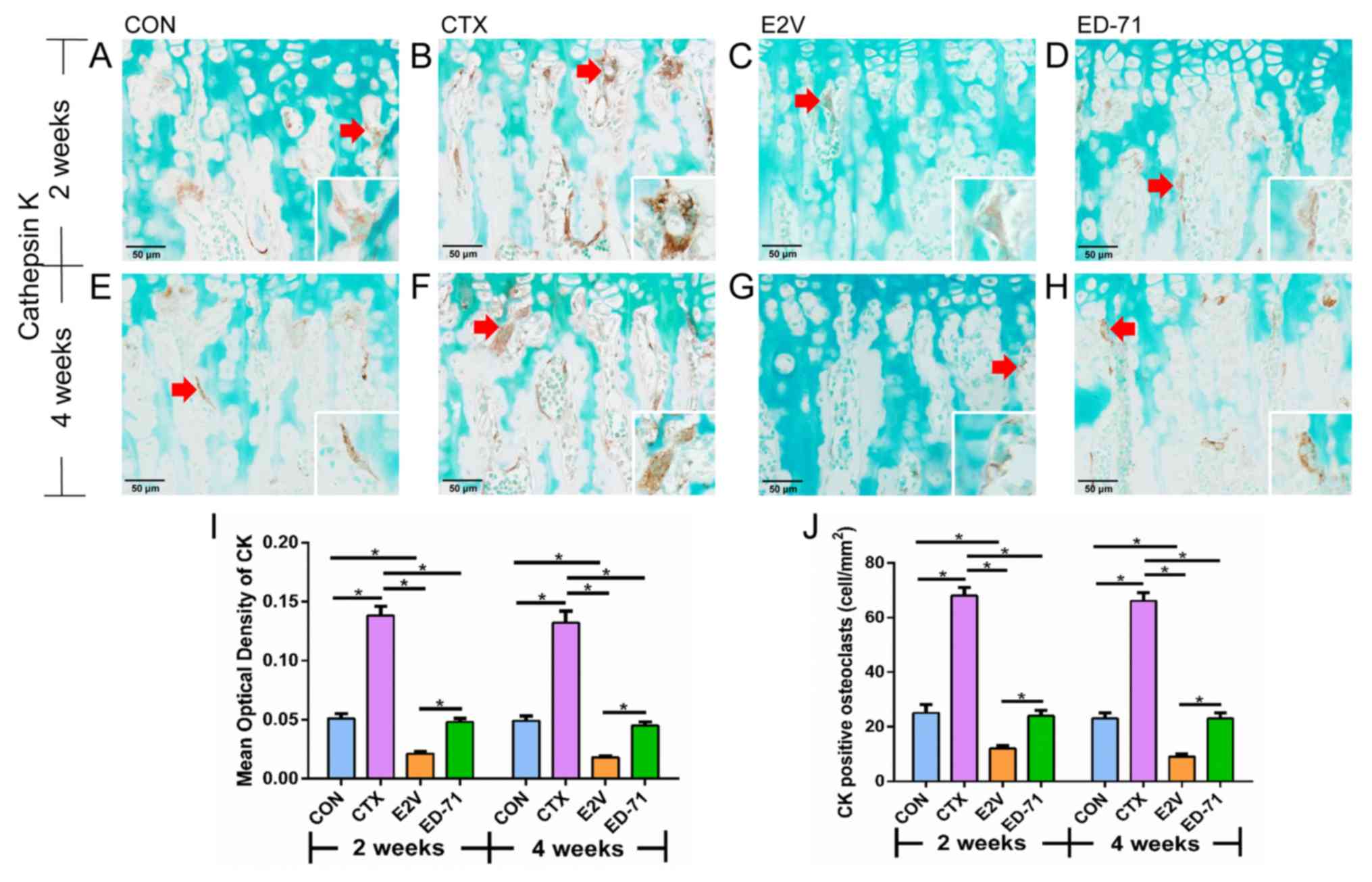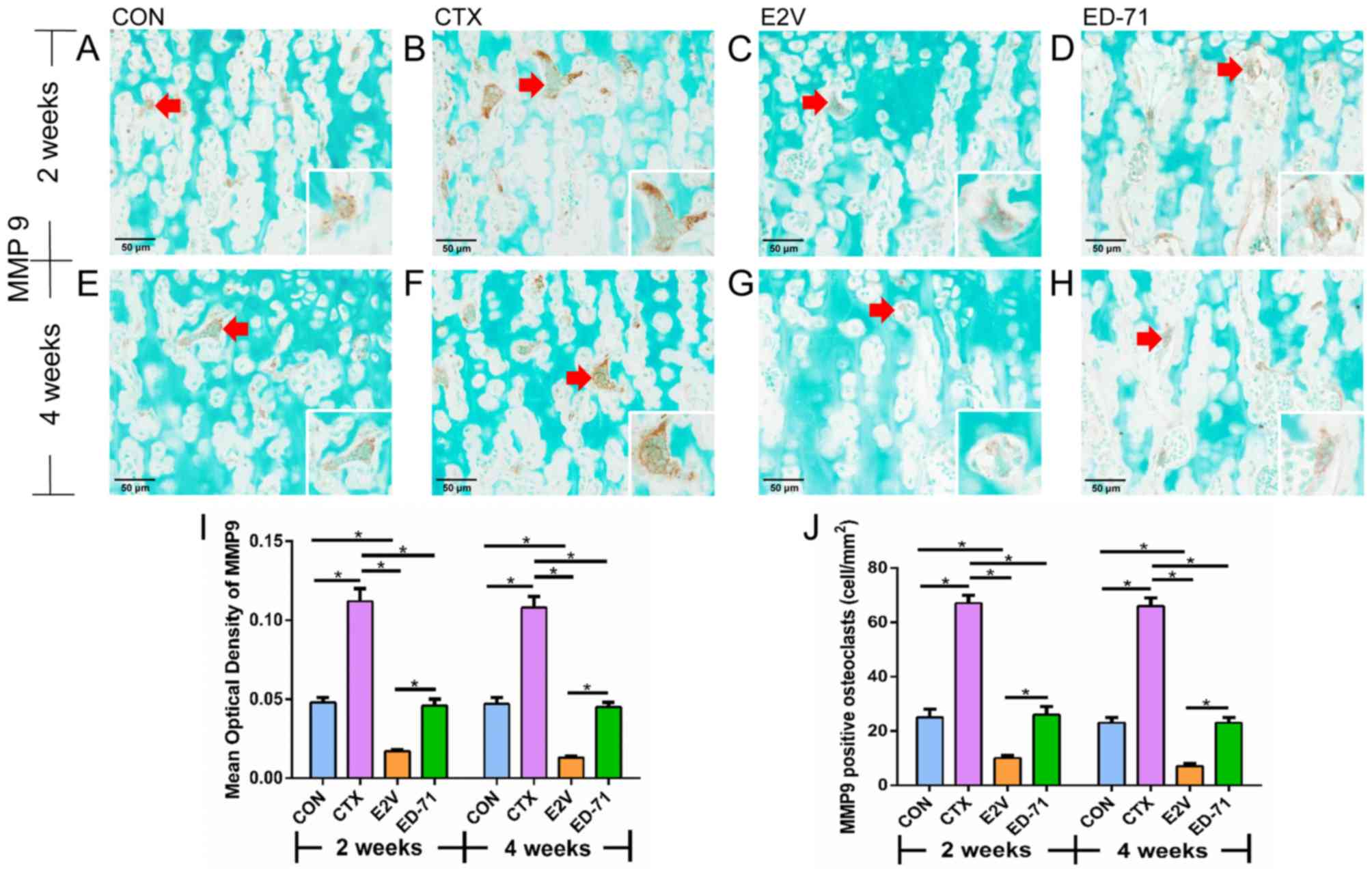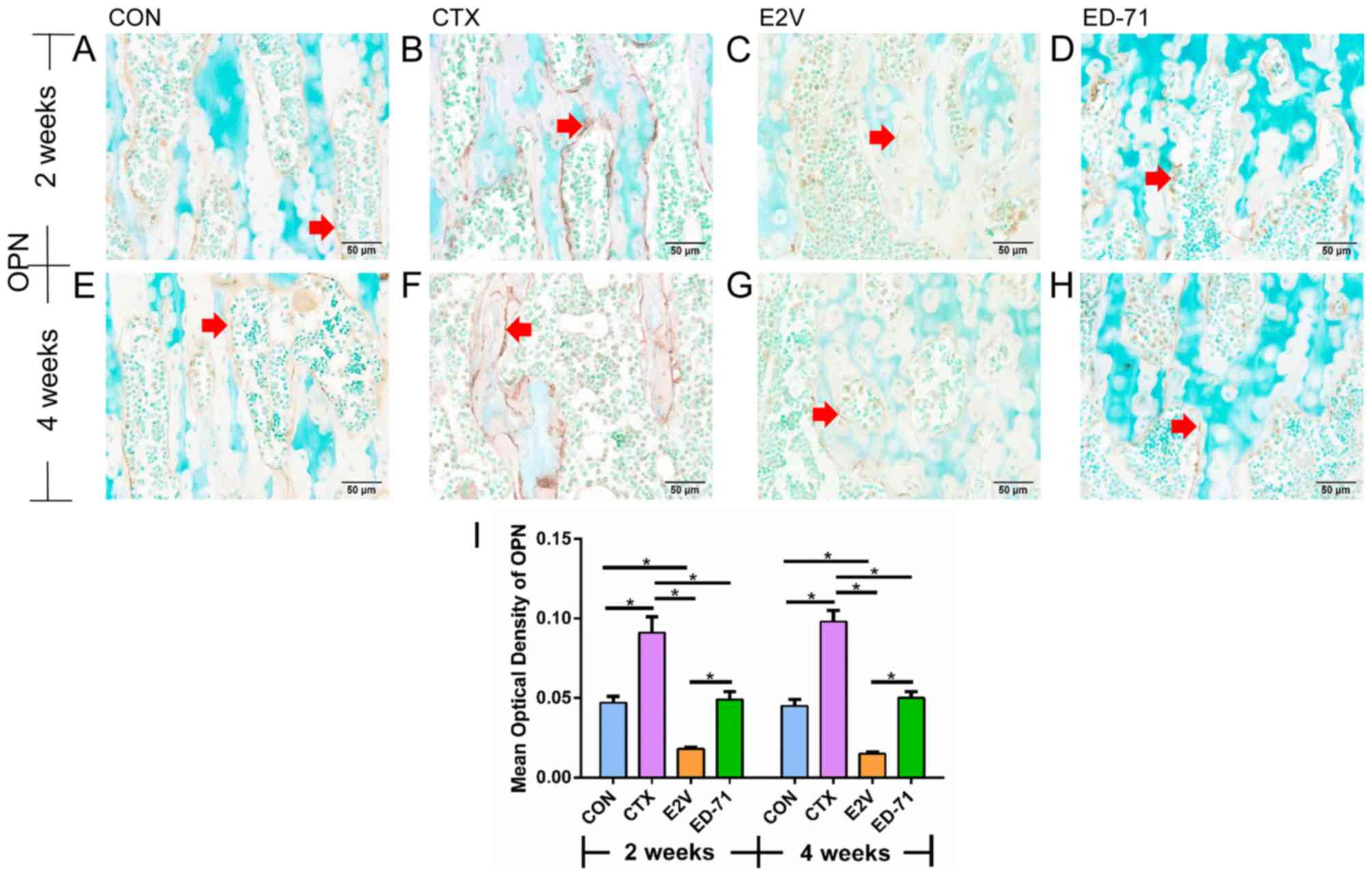|
1
|
Drugs of choice for cancer. Treat Guidel
Med Lett. 1:41–52. 2003.PubMed/NCBI
|
|
2
|
Swenerton K, Jeffrey J, Stuart G, Roy M,
Krepart G, Carmichael J, Drouin P, Stanimir R, O'Connell G and
MacLean G: Cisplatin-cyclophosphamide versus
carboplatin-cyclophosphamide in advanced ovarian cancer: A
randomized phase III study of the National Cancer Institute of
Canada Clinical Trials Group. J Clin Oncol. 10:718–726. 1992.
View Article : Google Scholar : PubMed/NCBI
|
|
3
|
Bonadonna G, Valagussa P, Moliterni A,
Zambetti M and Brambilla C: Adjuvant cyclophosphamide, methotrexate
and fluorouracil in node-positive breast cancer: The results of 20
years of follow-up. N Engl J Med. 332:901–906. 1995. View Article : Google Scholar : PubMed/NCBI
|
|
4
|
The American Society of Health-System
Pharmacists: Cyclophosphamide. https://www.drugs.com/monograph/cyclophosphamide.html8–May.
2018
|
|
5
|
Bines J, Oleske DM and Cobleigh MA:
Ovarian function in premenopausal women treated with adjuvant
chemotherapy for breast cancer. J Clin Oncol. 14:1718–1729. 1996.
View Article : Google Scholar : PubMed/NCBI
|
|
6
|
Saarto T, Blomqvist C, Välimäki M, Mäkelä
P, Sarna S and Elomaa I: Chemical castration induced by adjuvant
cyclophosphamide, methotrexate, and fluorouracil chemotherapy
causes rapid bone loss that is reduced by clodronate: A randomized
study in premenopausal breast cancer patients. J Clin Oncol.
15:1341–1347. 1997. View Article : Google Scholar : PubMed/NCBI
|
|
7
|
Mattison DR, Chang L, Thorgeirsson SS and
Shiromizu K: The effects of cyclophosphamide, azathioprine, and
6-mercaptopurine on oocyte and follicle number in C57BL/6N mice.
Res Commun Chem Pathol Pharmacol. 31:155–161. 1981.PubMed/NCBI
|
|
8
|
Plowchalk DR and Mattison DR: Reproductive
toxicity of cyclophosphamide in the C57BL/6N mouse: 1. Effects on
ovarian structure and function. Reprod Toxicol. 6:411–421. 1992.
View Article : Google Scholar : PubMed/NCBI
|
|
9
|
Wang TM and Shih C: Study of
histomorphometric changes of the mandibular condyles in neonatal
and juvenile rats after administration of cyclophosphamide. Acta
Anat (Basel). 127:93–99. 1986. View Article : Google Scholar : PubMed/NCBI
|
|
10
|
Fan C, Georgiou KR, McKinnon RA, Keefe DM,
Howe PR and Xian CJ: Combination chemotherapy with
cyclophosphamide, epirubicin and 5-fluorouracil causes trabecular
bone loss, bone marrow cell depletion and marrow adiposity in
female rats. J Bone Miner Metab. 34:277–290. 2016. View Article : Google Scholar : PubMed/NCBI
|
|
11
|
Georgiou KR, Hui SK and Xian CJ:
Regulatory pathways associated with bone loss and bone marrow
adiposity caused by aging, chemotherapy, glucocorticoid therapy and
radiotherapy. Am J Stem Cells. 1:205–224. 2012.PubMed/NCBI
|
|
12
|
Oostra DR, Lustberg MB, Reinbolt RE, Pan
X, Wesolowski R and Shapiro CL: Association of osteoprotegerin and
bone loss after adjuvant chemotherapy in early-stage breast cancer.
Mol Cell Endocrinol. 402:51–56. 2015. View Article : Google Scholar : PubMed/NCBI
|
|
13
|
Jonat W, Kaufmann M, Sauerbrei W, Blamey
R, Cuzick J, Namer M, Fogelman I, de Haes JC, de Matteis A, Stewart
A, et al: Goserelin versus cyclophosphamide, methotrexate and
fluorouracil as adjuvant therapy in premenopausal patients with
node-positive breast cancer: The Zoladex Early Breast Cancer
Research Association Study. J Clin Oncol. 20:4628–4635. 2002.
View Article : Google Scholar : PubMed/NCBI
|
|
14
|
Shapiro CL and Recht A: Side effects of
adjuvant treatment of breast cancer. N Engl J Med. 344:1997–2008.
2001. View Article : Google Scholar : PubMed/NCBI
|
|
15
|
Shapiro CL, Manola J and Leboff M: Ovarian
failure after adjuvant chemotherapy is associated with rapid bone
loss in women with early-stage breast cancer. J Clin Oncol.
19:3306–3311. 2001. View Article : Google Scholar : PubMed/NCBI
|
|
16
|
Vehmanen L, Saarto T, Elomaa I, Mäkelä P,
Välimäki M and Blomqvist C: Long-term impact of
chemotherapy-induced ovarian failure on bone mineral density (BMD)
in premenopausal breast cancer patients. The effect of adjuvant
clodronate treatment. Eur J Cancer. 37:2373–2378. 2001. View Article : Google Scholar : PubMed/NCBI
|
|
17
|
Rizzoli R, Body JJ, Brandi ML,
Cannata-Andia J, Chappard D, El Maghraoui A, Glüer CC, Kendler D,
Napoli N, Papaioannou A, et al: Cancer-associated bone disease.
Osteoporos Int. 24:2929–2953. 2013. View Article : Google Scholar : PubMed/NCBI
|
|
18
|
Atanes-Bonome P, Atanes-Bonome A,
Rios-Lage P and Atanes-Sandoval AD: Bisphosphonate-related
osteonecrosis of the jaw. Semergen. 40:143–148. 2014.(In Spanish).
View Article : Google Scholar : PubMed/NCBI
|
|
19
|
Hatakeyama S, Yoshino M, Eto K, Takahashi
K, Ishihara J, Ono Y, Saito H and Kubodera N: Synthesis and
preliminary biological evaluation of 20-epi-eldecalcitol
[20-epi-1alpha,25-dihydroxy-2beta- (3-hydroxypropoxy)vitamin D3:
20-epi-ED-71]. J Steroid Biochem Mol Biol. 121:25–28. 2010.
View Article : Google Scholar : PubMed/NCBI
|
|
20
|
Saito H, Takeda S and Amizuka N:
Eldecalcitol and calcitriol stimulates ‘bone minimodeling,’ focal
bone formation without prior bone resorption, in rat trabecular
bone. J Steroid Biochem Mol Biol. 136:178–182. 2013. View Article : Google Scholar : PubMed/NCBI
|
|
21
|
Sakai S, Endo K, Takeda S, Mihara M and
Shiraishi A: Combination therapy with eldecalcitol and alendronate
has therapeutic advantages over monotherapy by improving bone
strength. Bone. 50:1054–1063. 2012. View Article : Google Scholar : PubMed/NCBI
|
|
22
|
Harada S, Mizoguchi T, Kobayashi Y,
Nakamichi Y, Takeda S, Sakai S, Takahashi F, Saito H, Yasuda H,
Udagawa N, et al: Daily administration of eldecalcitol (ED-71), an
active vitamin D analog, increases bone mineral density by
suppressing RANKL expression in mouse trabecular bone. J Bone Miner
Res. 27:461–473. 2012. View
Article : Google Scholar : PubMed/NCBI
|
|
23
|
Harada S, Takeda S, Uno A, Takahashi F and
Saito H: Eldecalcitol is less effective in suppressing parathyroid
hormone compared to calcitriol in vivo. J Steroid Biochem Mol Biol.
121:281–283. 2010. View Article : Google Scholar : PubMed/NCBI
|
|
24
|
Hatakeyama S, Nagashima S, Imai N,
Takahashi K, Ishihara J, Sugita A, Nihei T, Saito H, Takahashi F
and Kubodera N: Synthesis and biological evaluation of a 3-positon
epimer of 1alpha,25-dihydroxy-2beta-(3-hydroxypropoxy)vitamin D3
(ED-71). J Steroid Biochem Mol Biol. 103:222–226. 2007. View Article : Google Scholar : PubMed/NCBI
|
|
25
|
Sato Y, Miyauchi Y, Yoshida S, Morita M,
Kobayashi T, Kanagawa H, Katsuyama E, Fujie A, Hao W, Tando T, et
al: The vitamin D analogue ED71 but Not 1,25(OH)2D3 targets HIF1α
protein in osteoclasts. PLoS One. 9:e1118452014. View Article : Google Scholar : PubMed/NCBI
|
|
26
|
Sakai S, Takeda S, Sugimoto M, Shimizu M,
Shimonaka Y, Yogo K, Hashimoto J, Bauss F and Endo K: Treatment
with the combination of ibandronate plus eldecalcitol has a
synergistic effect on inhibition of bone resorption without
suppressing bone formation in ovariectomized rats. Bone.
81:449–458. 2015. View Article : Google Scholar : PubMed/NCBI
|
|
27
|
Nakamichi Y, Udagawa N, Horibe K,
Mizoguchi T, Yamamoto Y, Nakamura T, Hosoya A, Kato S, Suda T and
Takahashi N: VDR in osteoblast-lineage cells primarily mediates
vitamin D treatment-induced increase in bone mass by suppressing
bone resorption. J Bone Miner Res. 32:1297–1308. 2017. View Article : Google Scholar : PubMed/NCBI
|
|
28
|
de Freitas PH, Hasegawa T, Takeda S,
Sasaki M, Tabata C, Oda K, Li M, Saito H and Amizuka N:
Eldecalcitol, a second-generation vitamin D analog, drives bone
minimodeling and reduces osteoclastic number in trabecular bone of
ovariectomized rats. Bone. 49:335–342. 2011. View Article : Google Scholar : PubMed/NCBI
|
|
29
|
Ettinger B, Genant HK and Cann CE:
Long-term estrogen replacement therapy prevents bone loss and
fractures. Ann Intern Med. 102:319–324. 1985. View Article : Google Scholar : PubMed/NCBI
|
|
30
|
Hornby SB, Evans GP, Hornby SL, Pataki A,
Glatt M and Green JR: Long-term zoledronic acid treatment increases
bone structure and mechanical strength of long bones of
ovariectomized adult rats. Calcif Tissue Int. 72:519–527. 2003.
View Article : Google Scholar : PubMed/NCBI
|
|
31
|
Shibata T, Shira-Ishi A, Sato T, Masaki T,
Masuda A, Hishiya A, Ishikura N, Higashi S, Uchida Y, Saito MO, et
al: Vitamin D hormone inhibits osteoclastogenesis in vivo by
decreasing the pool of osteoclast precursors in bone marrow. J Bone
Miner Res. 17:622–629. 2002. View Article : Google Scholar : PubMed/NCBI
|
|
32
|
Xia W, Meng X and Xing X: Effects of
estradoil valerate on osteoporosis in ovariectomized rats. Zhonghua
Fu Chan Ke Za Zhi. 36:606–609. 2001.(In Chinese). PubMed/NCBI
|
|
33
|
Zhang Z, Song C, Fu X, Liu M, Li Y, Pan J,
Liu H, Wang S, Xiang L, Xiao GG and Ju D: High-dose diosgenin
reduces bone loss in ovariectomized rats via attenuation of the
RANKL/OPG ratio. Int J Mol Sci. 15:17130–17147. 2014. View Article : Google Scholar : PubMed/NCBI
|
|
34
|
Sato M, Lu J, Iturria S, Stayrook KR,
Burris LL, Zeng QQ, Schmidt A, Barr RJ, Montrose-Rafizadeh C,
Bryant HU and Ma YL: A nonsecosteroidal vitamin D receptor ligand
with improved therapeutic window of bone efficacy over
hypercalcemia. J Bone Miner Res. 25:1326–1336. 2010. View Article : Google Scholar : PubMed/NCBI
|
|
35
|
Reagan-Shaw S, Nihal M and Ahmad N: Dose
translation from animal to human studies revisited. FASEB J.
22:659–661. 2008. View Article : Google Scholar : PubMed/NCBI
|
|
36
|
Li M, Hasegawa T, Hogo H, Tatsumi S, Liu
Z, Guo Y, Sasaki M, Tabata C, Yamamoto T, Ikeda K and Amizuka N:
Histological examination on osteoblastic activities in the alveolar
bone of transgenic mice with induced ablation of osteocytes. Histol
Histopathol. 28:327–335. 2013.PubMed/NCBI
|
|
37
|
Ma Y, Ma L, Guo Q and Zhang S: Expression
of bone morphogenetic protein-2 and its receptors in epithelial
ovarian cancer and their influence on the prognosis of ovarian
cancer patients. J Exp Clin Cancer Res. 29:852010. View Article : Google Scholar : PubMed/NCBI
|
|
38
|
Hadji P, Ziller M, Maskow C, Albert U and
Kalder M: The influence of chemotherapy on bone mineral density,
quantitative ultrasonometry and bone turnover in pre-menopausal
women with breast cancer. Eur J Cancer. 45:3205–3212. 2009.
View Article : Google Scholar : PubMed/NCBI
|
|
39
|
Shapiro CL, Phillips G, Van Poznak CH,
Jackson R, Leboff MS, Woodard S and Lemeshow S: Baseline bone
mineral density of the total lumbar spine may predict for
chemotherapy-induced ovarian failure. Breast Cancer Res Treat.
90:41–46. 2005. View Article : Google Scholar : PubMed/NCBI
|
|
40
|
Tsangari H, Findlay DM, Zannettino AC, Pan
B, Kuliwaba JS and Fazzalari NL: Evidence for reduced bone
formation surface relative to bone resorption surface in female
femoral fragility fracture patients. Bone. 39:1226–1235. 2006.
View Article : Google Scholar : PubMed/NCBI
|
|
41
|
Tsurukami H, Nakamura T, Suzuki K, Sato K,
Higuchi Y and Nishii Y: A novel synthetic vitamin D analogue, 2
beta-(3-hydroxypropoxy)1 alpha, 25-dihydroxyvitamin D3 (ED-71),
increases bone mass by stimulating the bone formation in normal and
ovariectomized rats. Calcif Tissue Int. 54:142–149. 1994.
View Article : Google Scholar : PubMed/NCBI
|
|
42
|
Khalid AB and Krum SA: Estrogen receptors
alpha and beta in bone. Bone. 87:130–135. 2016. View Article : Google Scholar : PubMed/NCBI
|
|
43
|
Sliwinski L, Folwarczna J, Nowińska B,
Cegieła U, Pytlik M, Kaczmarczyk-Sedlak I, Trzeciak H and Trzeciak
HI: A comparative study of the effects of genistein, estradiol and
raloxifene on the murine skeletal system. Acta Biochim Pol.
56:261–270. 2009. View Article : Google Scholar : PubMed/NCBI
|
|
44
|
Erben RG, Scutt AM, Miao D, Kollenkirchen
U and Haberey M: Short-term treatment of rats with high dose
1,25-dihydroxyvitamin D3 stimulates bone formation and increases
the number of osteoblast precursor cells in bone marrow.
Endocrinology. 138:4629–4635. 1997. View Article : Google Scholar : PubMed/NCBI
|
|
45
|
Erben RG, Bromm S and Stangassinger M:
Therapeutic efficacy of 1alpha,25-dihydroxyvitamin D3 and calcium
in osteopenic ovariectomized rats: Evidence for a direct anabolic
effect of 1alpha,25-dihydroxyvitamin D3 on bone. Endocrinology.
139:4319–4328. 1998. View Article : Google Scholar : PubMed/NCBI
|















